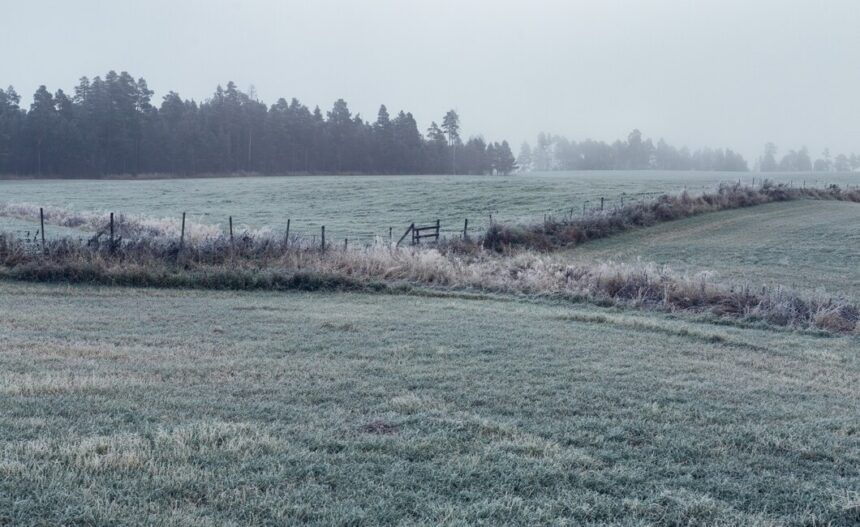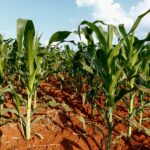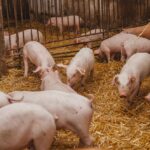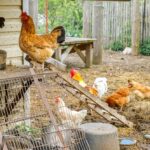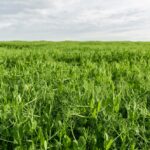Winter in South Africa brings unique challenges for small-scale farmers. While some regions experience mild cold, others face frost, reduced daylight hours, and limited rainfall. These seasonal changes can impact crop growth, animal health, and overall farm productivity. Proper planning and preparation are key to making it through the colder months with minimal losses and setting up for a productive spring.
The first step in winter preparation is to assess your current farm operations. Look at what crops are still growing, which livestock are most vulnerable, and what infrastructure may need repair or insulation. Start by cleaning up crop fields, removing any plant debris that could attract pests or harbor disease. If you practice crop rotation, winter is an excellent time to prepare your soil for the next planting season by adding compost or cover crops to boost fertility and structure.
In colder regions, protecting your crops from frost is vital. Use frost cloths, plastic tunnels, or simple mulching techniques to insulate plants. Grouping pots and placing them in warmer, sun-facing areas can also help. For open-field crops, planting windbreaks or using raised beds can create a slightly warmer microclimate.
Livestock require extra care in winter. Ensure all animals have shelter from cold winds and rain. Provide thick bedding and check that structures are leak-proof and insulated where possible. Nutrition is equally important—feed quality hay and supplements to keep animals healthy when grazing is limited. Always make sure they have access to clean, unfrozen water.
Water management is another crucial area. In regions where water pipes or tanks are exposed to frost, insulate them to prevent freezing. If you rely on irrigation, adjust your system for shorter days and lower evaporation rates. Rainwater harvesting during early winter rains can help stretch water supplies later in the season.
Maintaining your tools, machinery, and infrastructure during winter downtime ensures they’re ready for peak season. Clean, oil, and store equipment properly. Repair fences, sheds, and greenhouses before harsher weather sets in. This is also a great time to sharpen tools, take inventory of supplies, and order seeds or feed in advance.
Winter can also be a good season to focus on planning and training. Attend local farming workshops, connect with cooperatives, or explore government support programs. Use this slower period to evaluate what worked over the past year and what needs improvement. Whether it’s diversifying crops, investing in irrigation, or switching to more resilient livestock breeds, winter provides space to think strategically.
Small farms in South Africa that take winter preparation seriously often emerge from the season stronger and more efficient. By taking care of your crops, animals, soil, and infrastructure before the coldest months arrive, you lay the groundwork for a more productive growing season ahead. With thoughtful action, winter can be more than a challenge—it can be an opportunity for growth and renewal.
Join 'Farmers Mag' WhatsApp Channel
Get the latest Farming news and tips delivered straight to your WhatsApp
CLICK HERE TO JOIN
